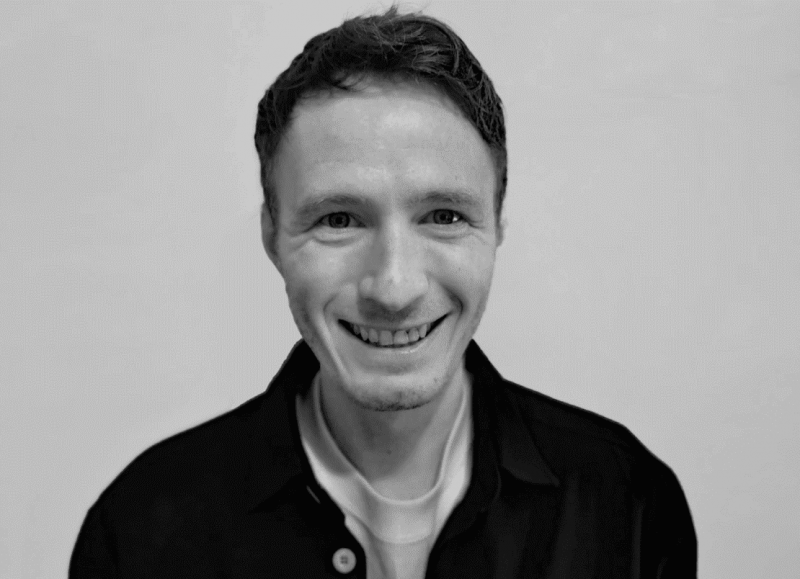
Being a creative is a terrific job.
I can’t think of many other roles where you can have an idea in your head one minute and see it enjoyed by millions the next. Where your ideas can be featured in the newspaper your dad reads, shared in your mates’ WhatsApp group, or appear on a morning breakfast show watched by the nation as they munch their Weetabix.
It’s absolutely great… most of the time.
But sometimes your brain refuses to connect the dots, can’t find that ‘creative magic’ that everyone assumes you have in abundance, or is just a bit too knackered to have ideas.
Sometimes you feel imposter syndrome, leading you to pitch half-heartedly or concede that your idea isn’t good enough.
You need a thick skin.
I’m not here to get a violin out to serenade creatives having a hard time, because there are a million and one jobs that are much harder, but I do think it’s important to shed light on the reality.
I spoke to some creative leaders in the PR industry to find out how they get to an idea - not the poetic version - but the reality.
What happens when you have an off day? What happens if you have an idea without any strategy? What happens if the only idea you have is that one you’ve tried to sell to four different clients already?
“The creative process is dead, long live the creative process”
Process… not exactly a word that oozes creativity is it?
Well, actually, yes. According to some it is.
Whether consciously, or unconsciously, we all have a process as to how our brains come to an idea.
Some I spoke to said “ideas just fly in before I’ve even finished the brief” whilst others opt for deep-thinking techniques, taking a break from the relentless bombardment of Teams, Slack, WhatsApp or emails to give their minds time to percolate.
Others remove themselves completely from consciously thinking about the problem they want to solve and run a bath or run themselves around the park to try and find an idea.
Some have a more concrete process, from hour long question-storming sessions to ask everything from “the obvious to the down-right illegal”, to a creative system forcing them to look at a series of different and unusual websites for stimulus, or creating an ideas bank so they can study other people's ideas and, presumably, nick the best bits for themselves.
“Environmentally-friendly creative is what it’s all about”
Ideas are subjective and many things can turn clients off an idea. From those I spoke to, many echoed the view that: “If you’re passionate about an idea, don’t let that passion die if the first client doesn’t bite your arm off for it”.
One consumer PR creative told me they have ideas that they’ve loved for years and they “Keep evolving the idea and bringing it out of the ideas fridge when the time is right”.
Speaking from my own experience, I’ve always kept ideas stored somewhere (either a Post-It note or on a Google Doc) but I also try to squirrel away interesting photography techniques, arresting images that have made international press, or snapshots on my phone from exhibitions. Upcycling creative works and feeding your brain with consistent stimulus is so important.
However, a word of caution also comes with recycling ideas. One creative warns: “When you hear yourself sell something again it always loses something, so I wouldn't advocate ramming in the same ideas for years… There's a reason it hasn't been bought.”
“Allow yourself an off day”
Everyone has off days and the pressure of having to be creative all the time can be detrimental if you don’t embrace having a day where you admit that your brain just isn’t ticking (some call it a hangover).
Working under constant pressure isn’t great for a constant flow of good quality ideas. One business leader told me: “The PR and creative industry has increasingly been talking about mental health, but then it’s become standard to juggle several briefs and deadlines, work under pressure and constantly churn out ideas whilst conveying a sense of always being busy”.
They also mentioned that when this happens, they make a conscious effort to recognise their mental capacity and switch off if they’re not in a productive state to generate ideas or solve a problem.
Others mentioned the power of getting outside on off days (nice one, English weather) and when ideas are harder to come by, trying “more walking and talking”.
It’s also worth remembering that this is all a team game and great ideas happen not because of one individual, but because of a collective group with a shared desire to make stuff they’re proud of. As a seasoned professional told me: “An idea never just comes from one person - surround yourself with great people and you’ll always get to great ideas”.
That seems like a good way to end this post.
If you have scored yourself a creative role then embrace it, enjoy it, revel in it but also remember that the best work comes from teamwork, from collaboration and from surrounding yourself with people you learn from.
Creative magic doesn’t exist, but magic creative ideas can. Just find yourself the right environment and the right people to make it happen.
